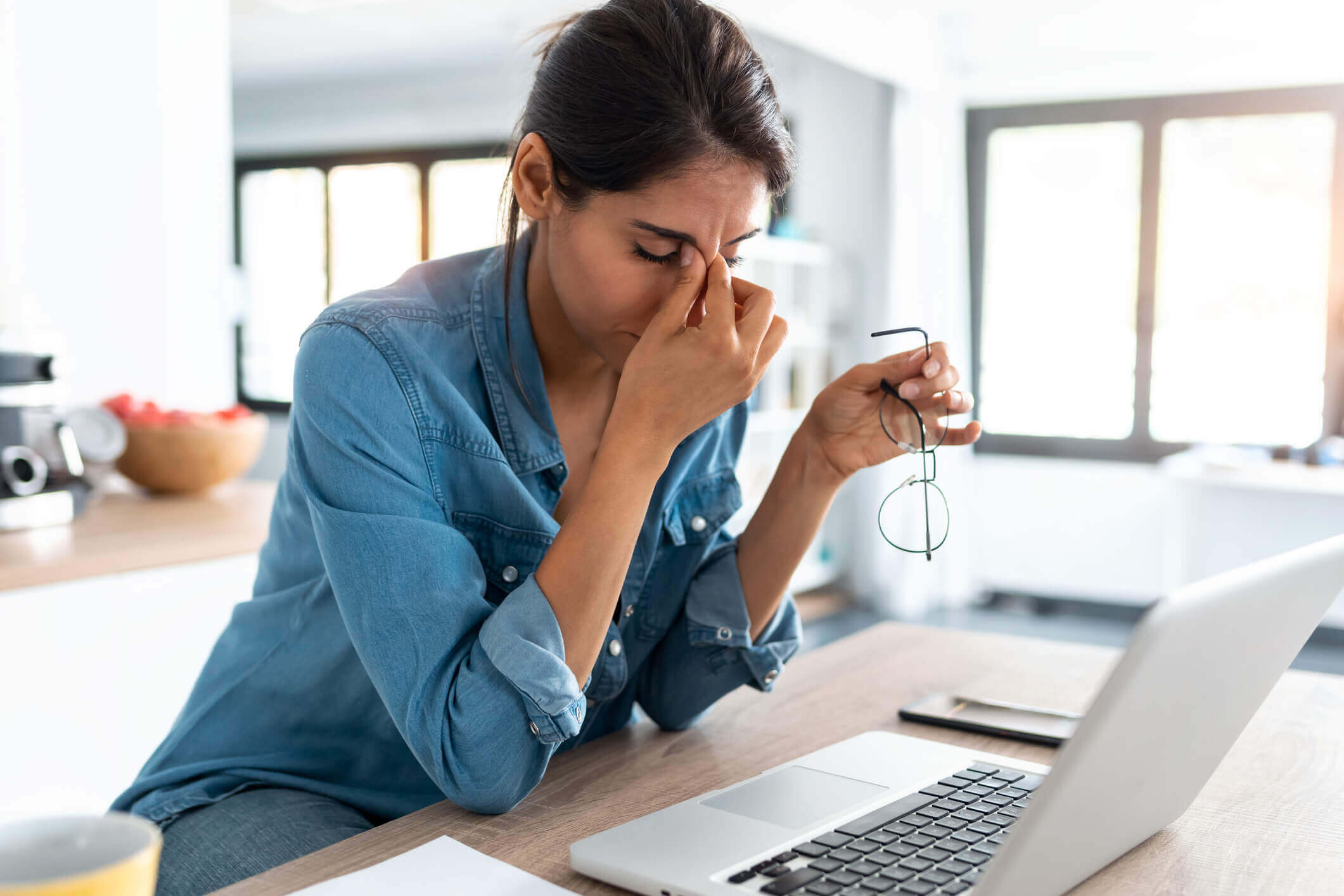Mental Healthcare
 Taking care of your overall health includes receiving care for your mental health. Your mental health and well-being play a vital role in your ability to carry out your daily life happily, and compromised mental health can easily begin to take its toll.
Taking care of your overall health includes receiving care for your mental health. Your mental health and well-being play a vital role in your ability to carry out your daily life happily, and compromised mental health can easily begin to take its toll.
When it comes to receiving comprehensive medical care for your mental health, look no further than assistance from our expert provider at Show Low Family Clinic. We offer personalized, compassionate mental health care to adults and adolescents alike, ensuring you receive the highest-quality care for your individual needs and concerns. We are here to listen to you and are dedicated to putting your health at the forefront of everything we do.
Comprehensive Care for Mental Health
Regular visits with your healthcare provider for mental health condition can accomplish a lot.
You can discuss your symptoms and concerns with Family Nurse Practitioner, Sharon Zell, during your visit. Your provider can prescribe necessary medications – and can walk you through nondrug alternatives to self-care, including grounding exercises and the need for certain lifestyle choices, like getting enough sleep, eating healthy, and regular exercise. In some cases, additional therapies may be recommended, such as meditation, massage, yoga, acupuncture, and more.
Family Nurse Practitioner, Sharon Zell, at Show Low Family Clinic most commonly treats patients for mental health issues such as anxiety, depression, and panic disorders. Please note that at Show Low Family Clinic, we do NOT prescribe controlled substances, such as opioids, stimulants, etc.
Anxiety / Stress
Anxiety disorders are extremely common – and entirely treatable.
For many people, anxiety is a normal reaction to stress. For some, however, the anxious response is disproportionate to the trigger. Most of us are under stress on a regular basis, but it’s how we’re able to deal with the stressors in our life that can determine how healthy we are, both physically and mentally. Appropriate mental health treatment for anxiety disorders can help restore your quality of life so you can thrive.
Examples of anxiety disorders that can be treated include:
- Generalized anxiety disorder (GAD)
- Obsessive-compulsive disorder (OCD)
- Phobias
- Panic disorders
- Post-traumatic stress disorder (PTSD)
- Separation anxiety disorder
- Social anxiety disorder
Depression
Depression is a mental health condition that can negatively impact how you feel, think, and behave. It is both common and serious. There is no single cause for it, but the combination of medication and therapy have been found to be effective for most people suffering from depression. There are many types of antidepressants available, with a variety of possible side effects. Our healthcare provider can help determine which type might be best for you – and then continue to monitor its effects over time to make sure you continue to respond well to it.
Panic Disorder
A panic disorder is a type of anxiety disorder – but it’s really in a class of its own. That’s because most anxiety disorders have obvious triggers, while a panic disorder does not. A person suffering from a panic disorder will have repeat panic attacks, which occur suddenly and unexpectedly. The signs and symptoms of a panic attack are real and can be quite intense and scary: chest pain, shortness of breath, dizziness, stomachache, chills, and more.
The good news is that a panic disorder is treatable, most often with a combination of medication and therapy. Your healthcare provider can help you identify the treatment type and combination that’s right for you.
Confidential Mental Healthcare
Would you like a private, convenient, and cost-effective method of treating a mental health issue? At Show Low Family Clinic, we treat patients with mental health issues such as anxiety, depression, and panic disorders. Request an appointment now to schedule your visit with us. We offer in-office visits to patients located in and around Show Low, AZ, as well as virtual visits to patients.
*Show Low Family Clinic should not be used for emergency situations including, but not limited to, trouble breathing and severe chest pain, drug or alcohol overdose, severe bleeding, severe injuries, or for those having suicidal thoughts. For these situations or anyone needing immediate in-person evaluation or treatment, call 911 immediately or go to your nearest emergency room or hospital facility.
